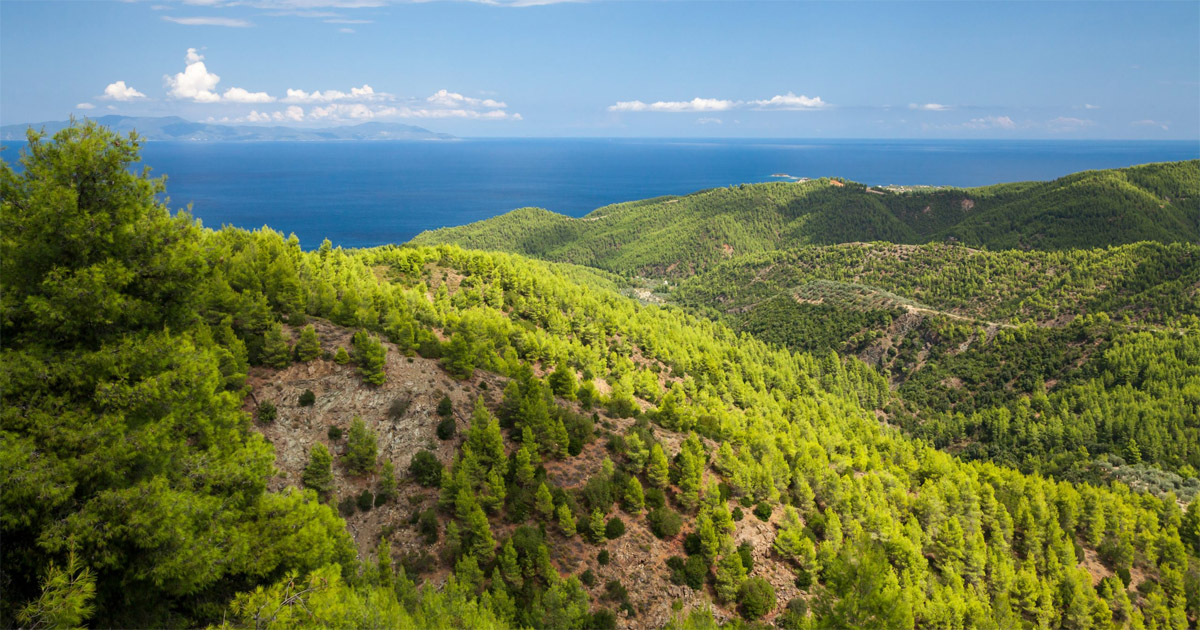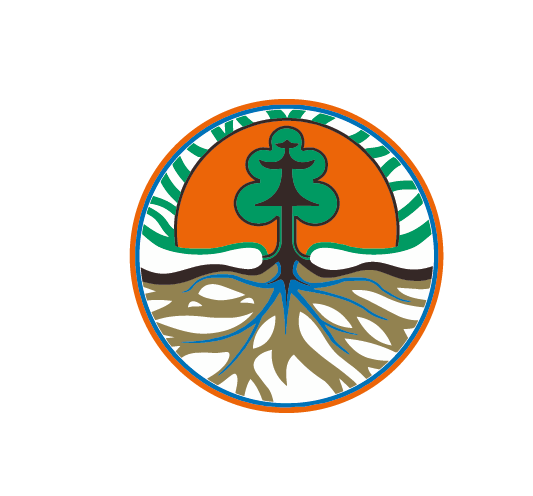Enhancing peatland conservation: Advancements in carbon measurement

Tropical peatlands are among the Earth’s most valuable ecosystems in the fight against climate change. They store vast amounts of carbon in the form of organic matter that has accumulated over thousands of years. These peatlands cover extensive areas in countries like Indonesia, Malaysia, and the Amazon Basin, making their conservation essential for mitigating the global climate crisis.
To protect these ecosystems and gauge their carbon storage potential, cutting-edge carbon measurement techniques are indispensable. Tools such as remote sensing, ground-based measurements such as ground water level (GWL), and comprehensive carbon accounting systems are vital for deciphering carbon dynamics in tropical peatlands. They guide conservation endeavours and enable informed decision-making for restoration projects.
This side event aims to promote collaboration and provide participants with insights into the latest carbon measurement technologies and strategies to reduce greenhouse gas emissions from peatlands. Participants will have the opportunity to share their experiences.
A panel discussion featuring experts and practitioners in peatland conservation, carbon measurement, and policy development will be held. The discussion will cover topics such as methodology for calculating GHG from ground water level, best practices, and policy development.
Speakers:
- Muhammad Askary
Deputy Director for Sources Control of Peatland Ecosystem Degradation, Ministry of Environment and Forestry, Republic of Indonesia - Sofyan Kurnianto
Riau Andalan Pulp Paper, APRIL Group - Hans Joosten
University of Greifswald - Faizal Parish
Global Environment Centre (GEC), Malaysia - Niken Andika Putri
GIS and Remote Sensing Analyst, Sumitomo Forestry
Moderator:
SPM Budisusanti
Coordinator, International Tropical Peatlands Center

























